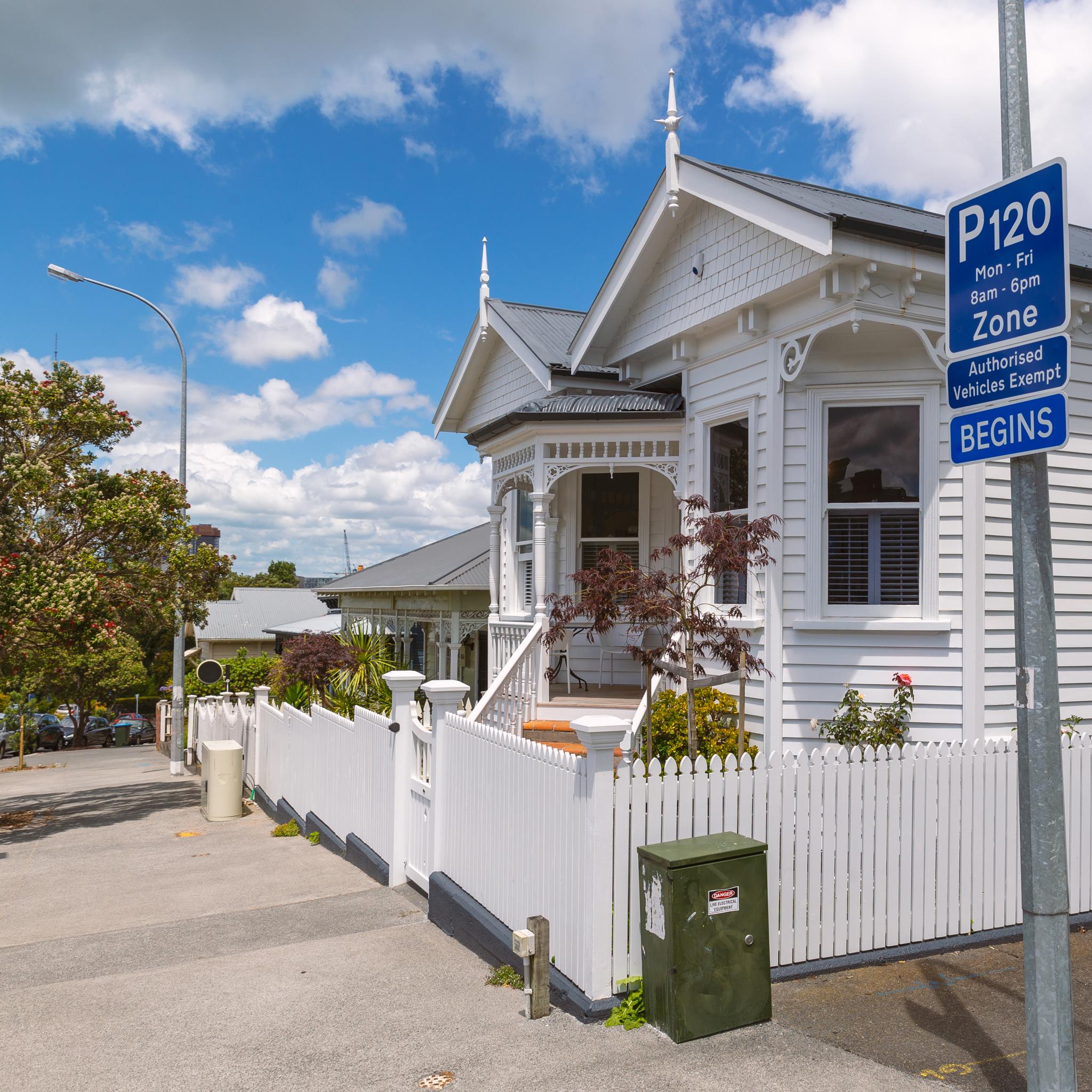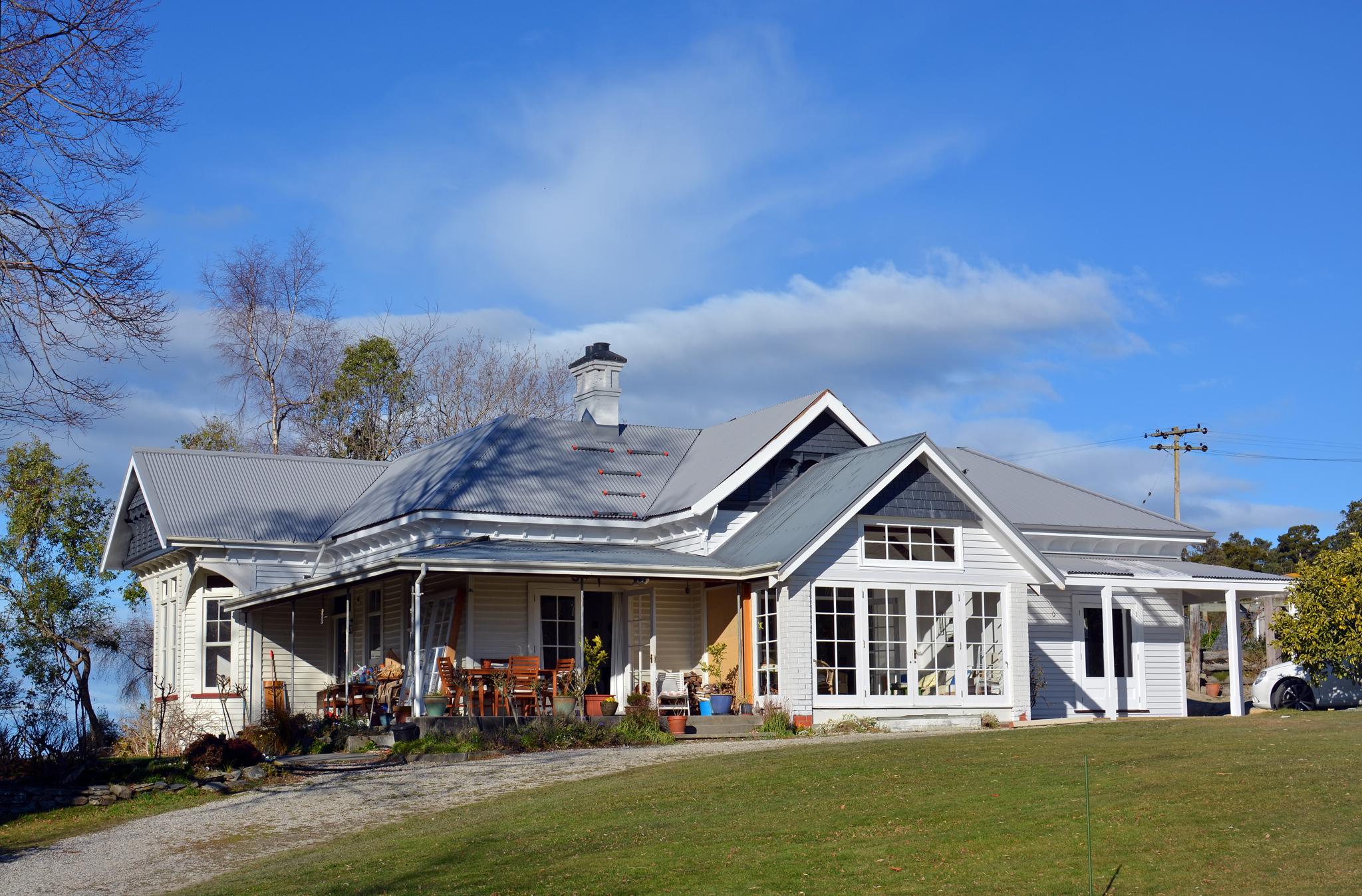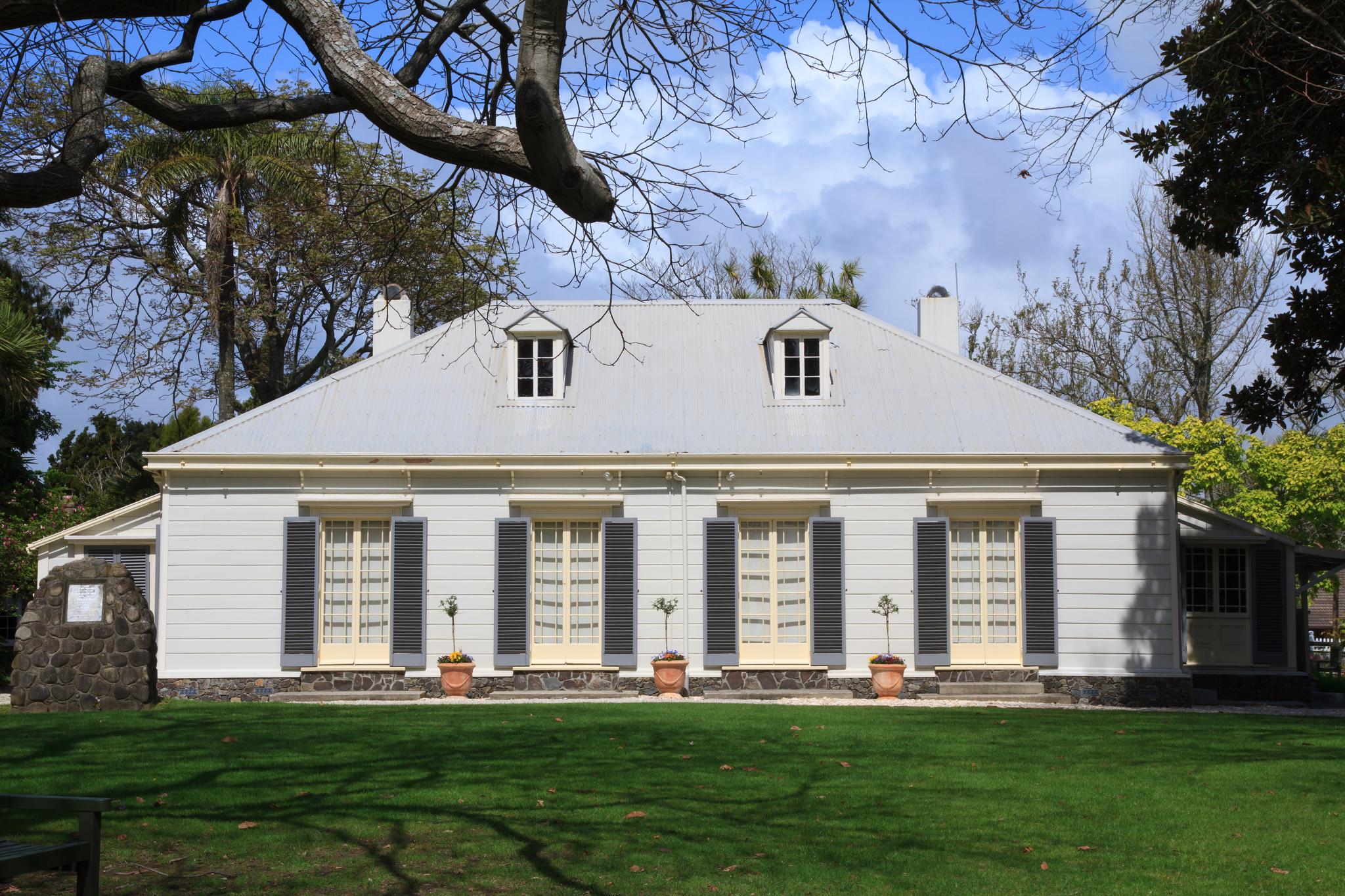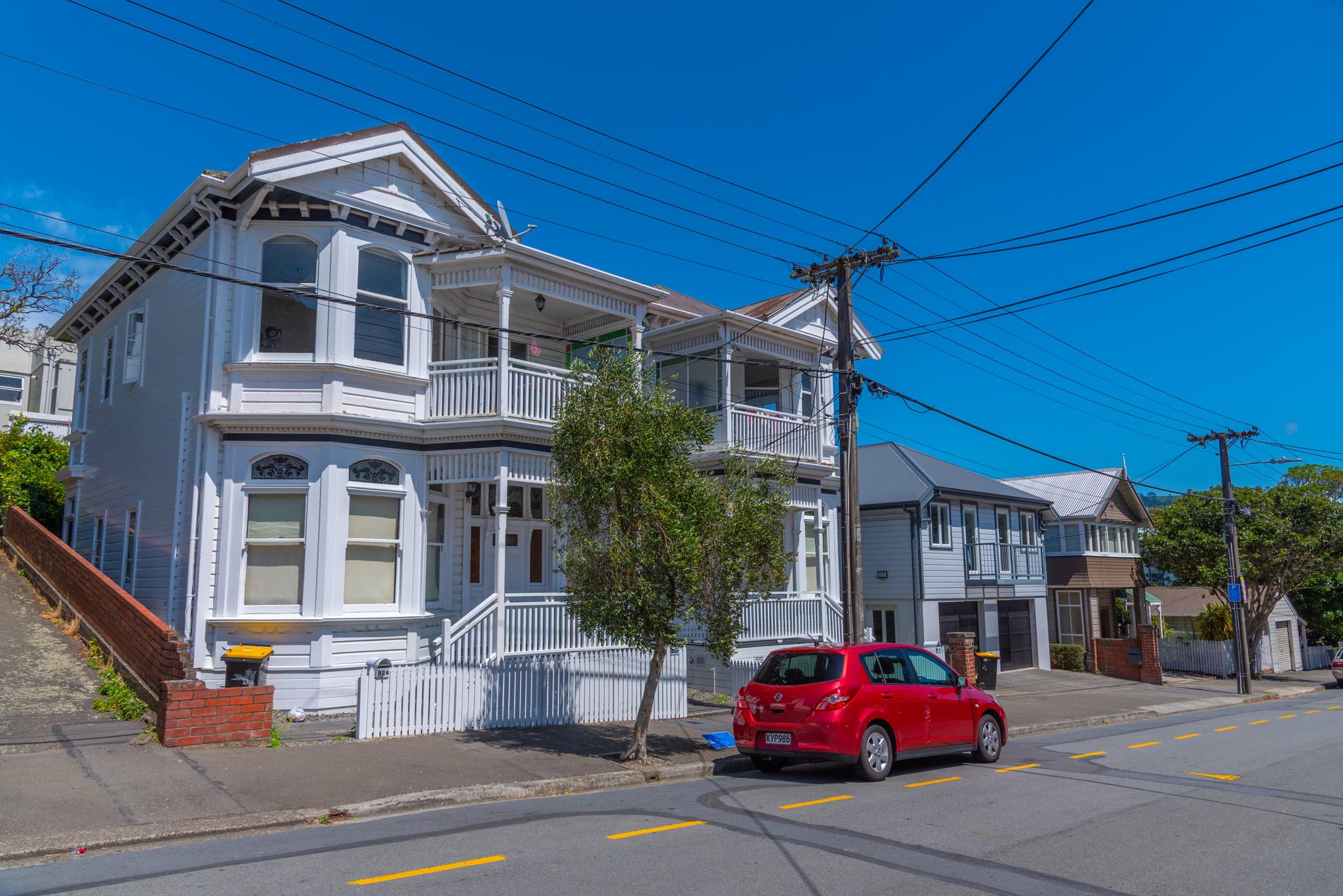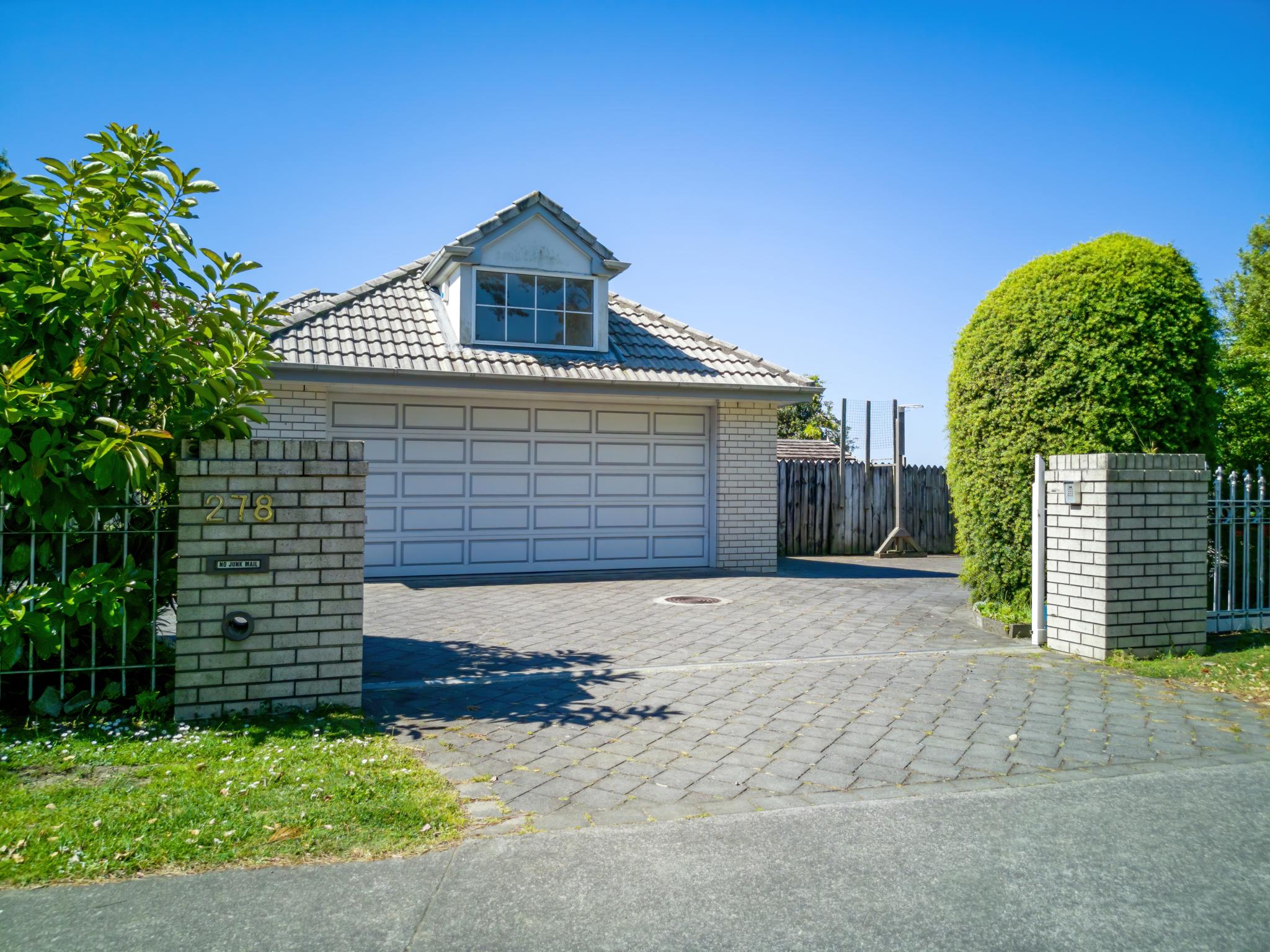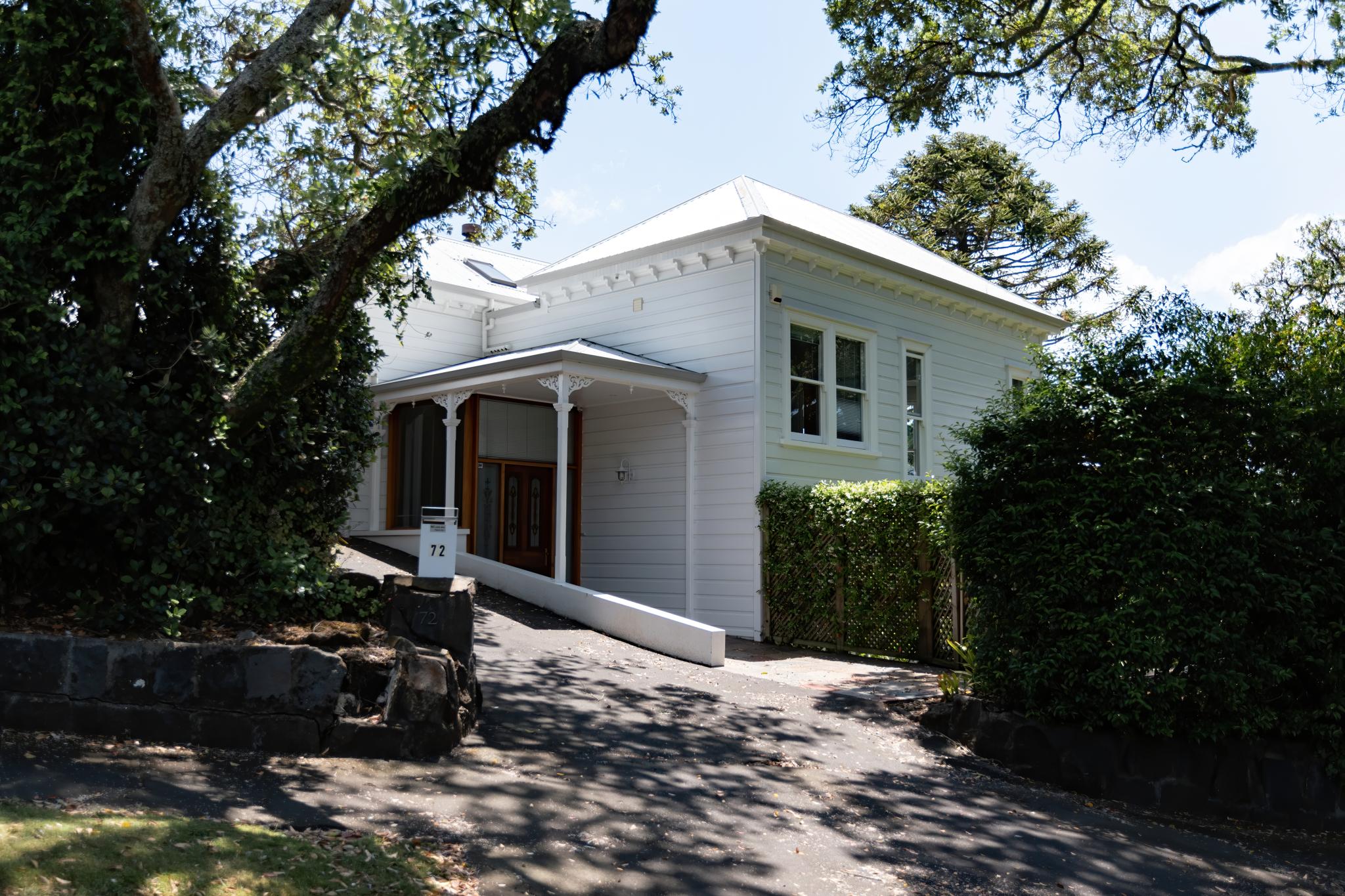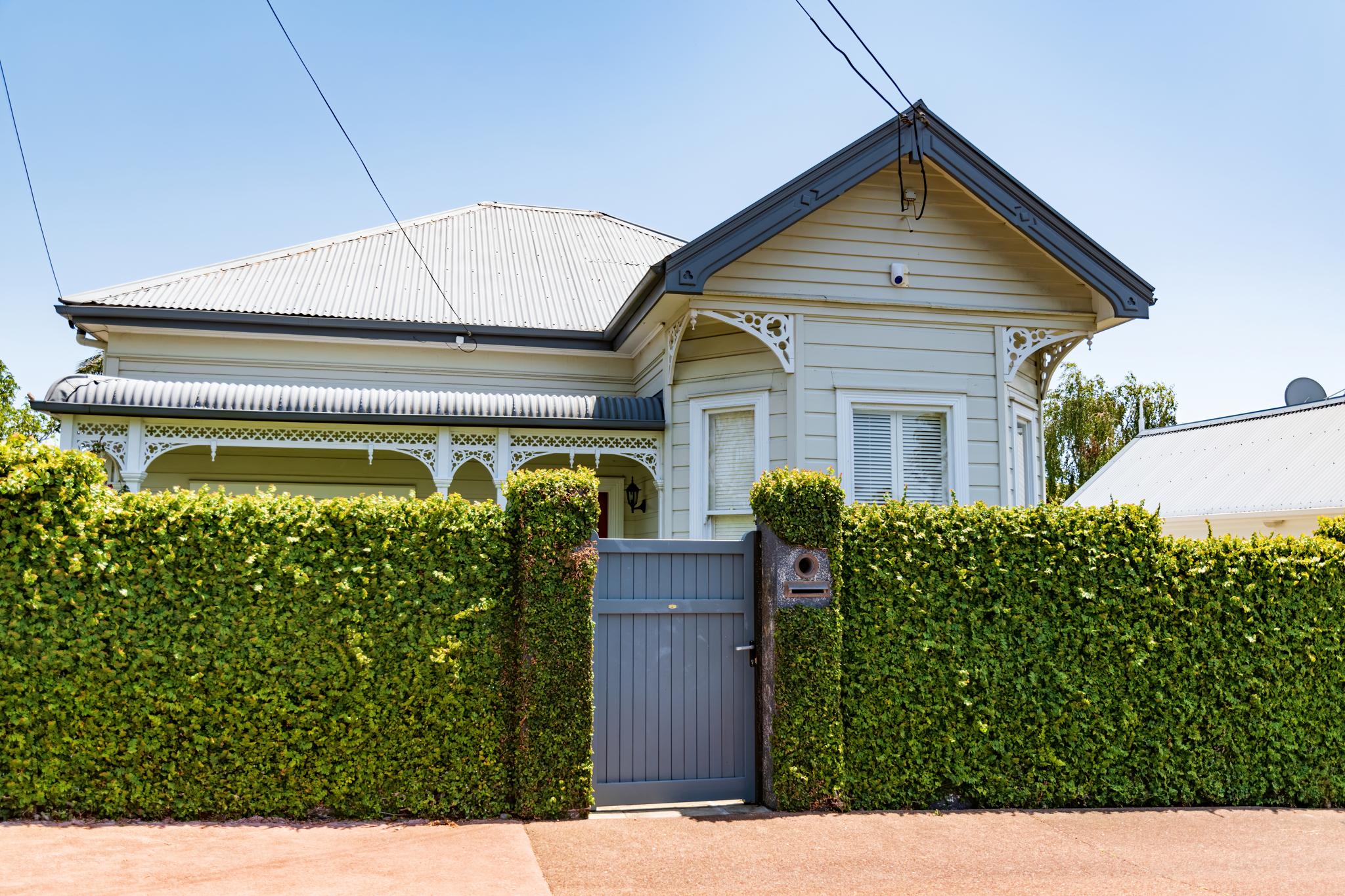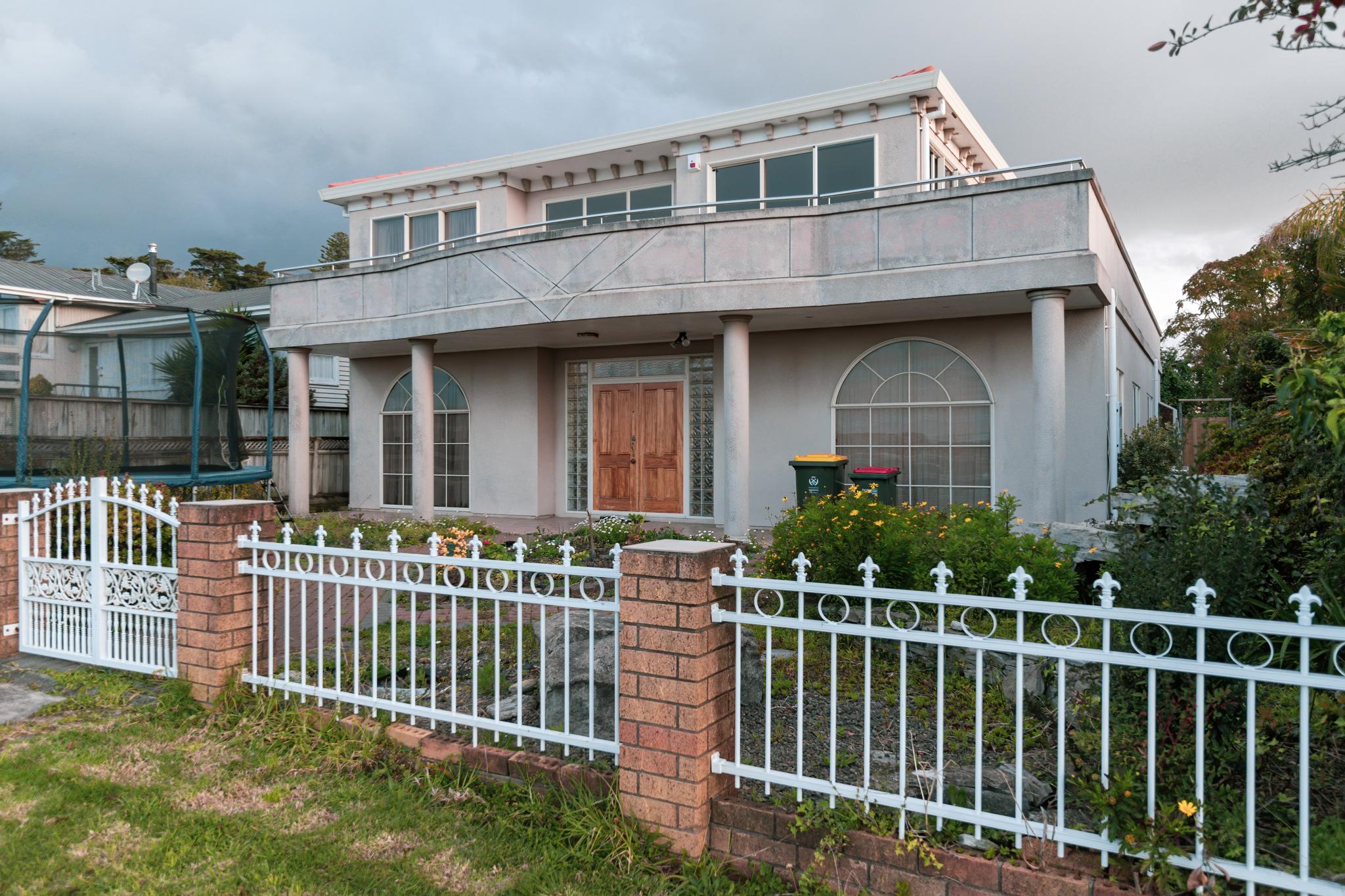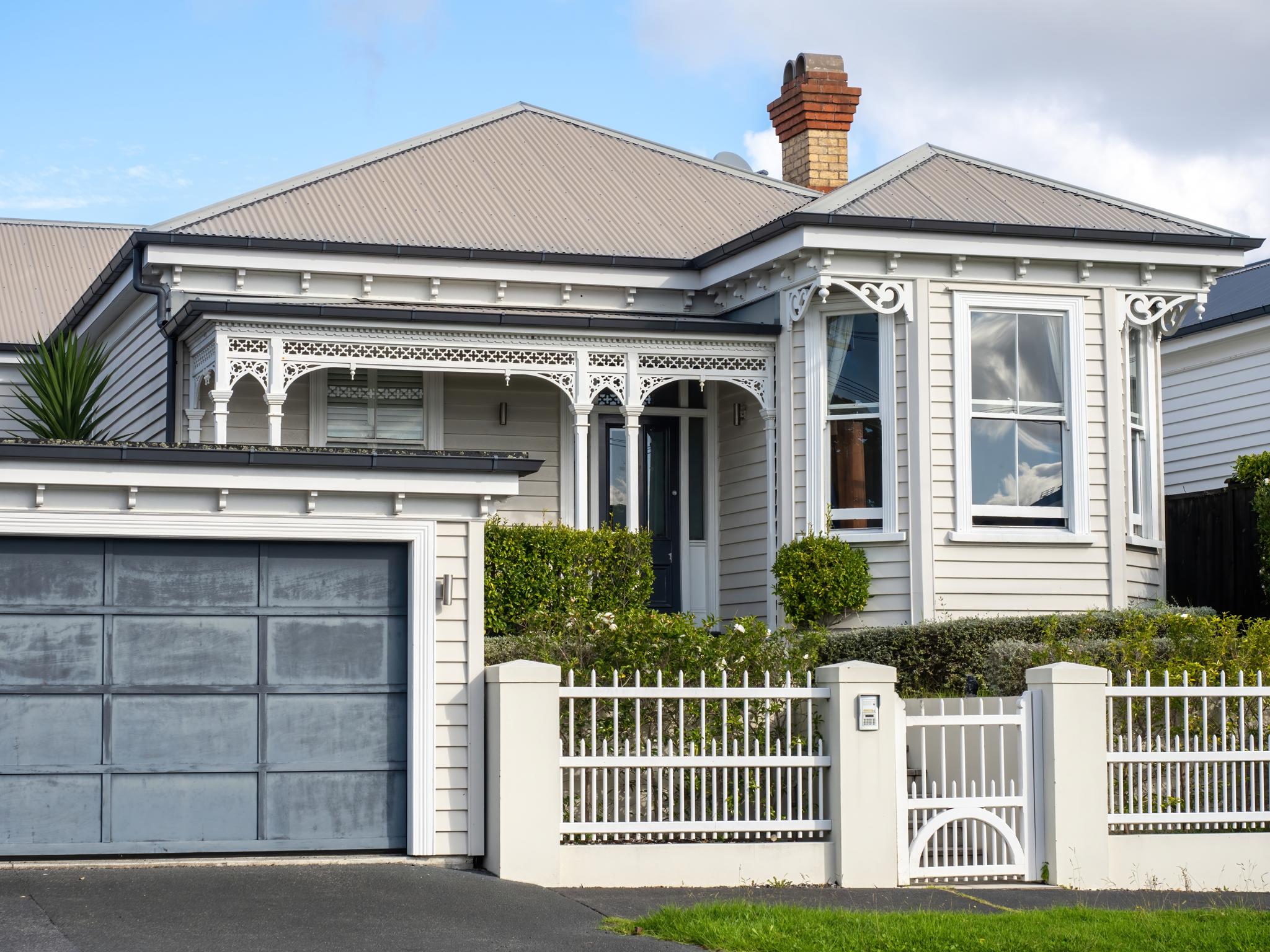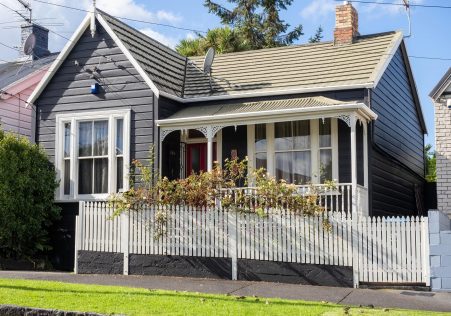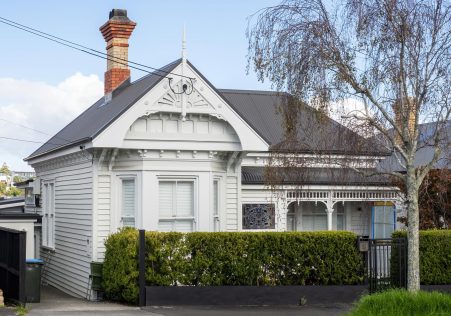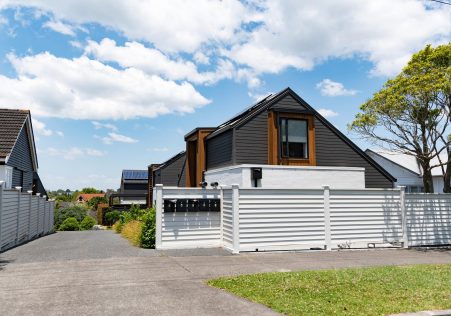What We Do
As building inspectors we deal with all the issues involved in specialist house Inspections. We’re here to ensure that you make the correct decision when purchasing your next property.
We take your investment seriously We will conduct comprehensive examinations to ensure that you don’t receive any expensive or unwelcome surprises meaning you can relax and focus on the fun aspects of purchasing or owning the house.
We specialise in a variety of services to make sure you are completely updated on the condition of any property you could be thinking of buying or selling as well as additional services.
We don’t just work with you but we also have major clients, including local councils, banks, and insurance companies. Evidently they appreciate this peace of mind provided, thanks to the information that we offer in our reports of building inspections.
We have a systematic approach to your property inspection and the latest in technology for software with digital photos embedded into your reports, you are able to actually see any issues discovered. Through our detailed report, it’s easy to understand why we receive so many referrals from clients our services to their family and acquaintances.
Get in Touch - Get Peace of Mind
